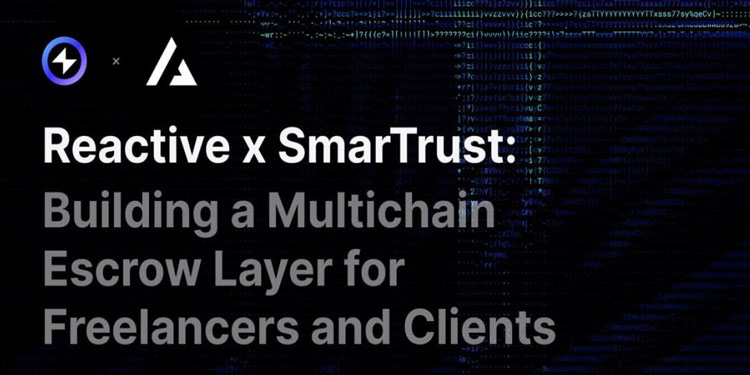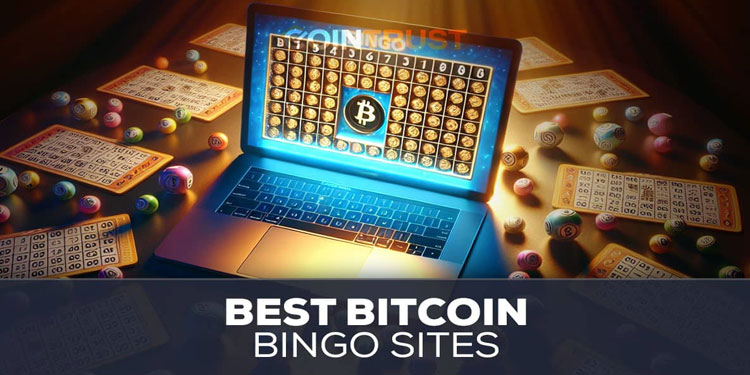Gambling Posts
Crypto Sports Betting
Crypto sports betting is an innovative way to place a wager on your favorite team or player. Over the years,...
Crypto Poker Online
Crypto poker is fast becoming a popular frontier for casual and professional gamblers. The convenience of crypto poker platforms, paired...
Bitcoin Betting Sites
Bitcoin betting is becoming not just a niche vertical within the sports wagering ecosystem – it is raking in billions...
Latest Post
AMINA Bank Integrates Ripple to Modernize Cross-Border Payments
AMINA Bank, a Switzerland-based financial institution regulated by FINMA, has implemented Ripple Payments to improve how transactions flow between blockchain...
MapleStory Universe Adopts Chainlink for Cross-Chain Gaming
MapleStory Universe, a blockchain-based gaming platform that enables players to create and monetize their own interactive experiences, has revealed its...
Chainbase and OpenLedger Join Forces to Advance AI-Driven Web3
Chainbase, widely recognized for its omnichain data ecosystem designed for artificial intelligence, has announced a strategic collaboration with OpenLedger, a...
DeepSafe, ARC Matrix Launch Privacy-First Web3 Security Framework
DeepSafe, a decentralized cryptographic verification layer designed for Web3 and artificial intelligence ecosystems, has announced a formal alignment with ARC...
Italy Debuts First Public-Chain Tokenized Minibond
Italy has taken a decisive step toward modernizing its capital markets with the launch of the country’s first minibond fully...
-
Collé: Pioneering AI Web3 Platform Receives Investment Boost from BlackRock
-
Router Protocol and OpenWorldSwap Partnership to Revolutionize DEX Market
-
Hyper Foundation Launched to Boost Hyperliquid Blockchain Development
-
SmarTrust Brings Blockchain-Powered Escrow to Freelancers
-
Blockchain Based Sports Platform SportsMint Unveiled















